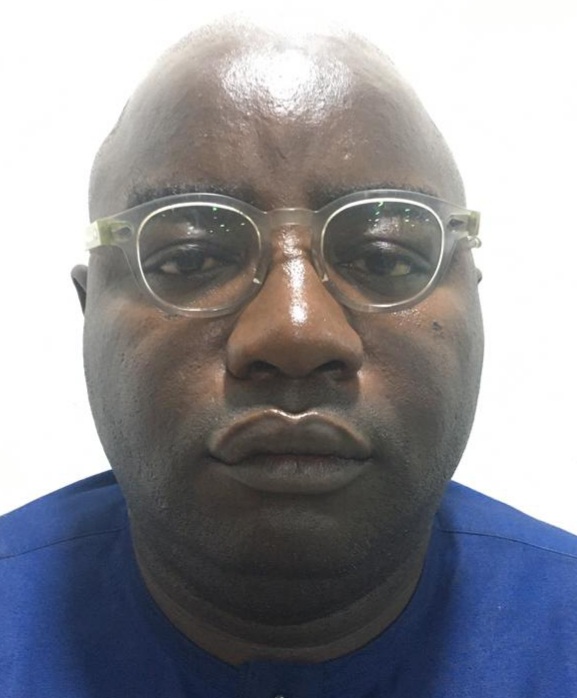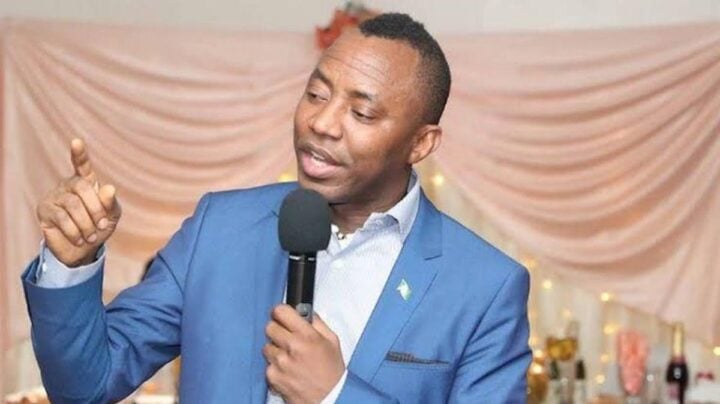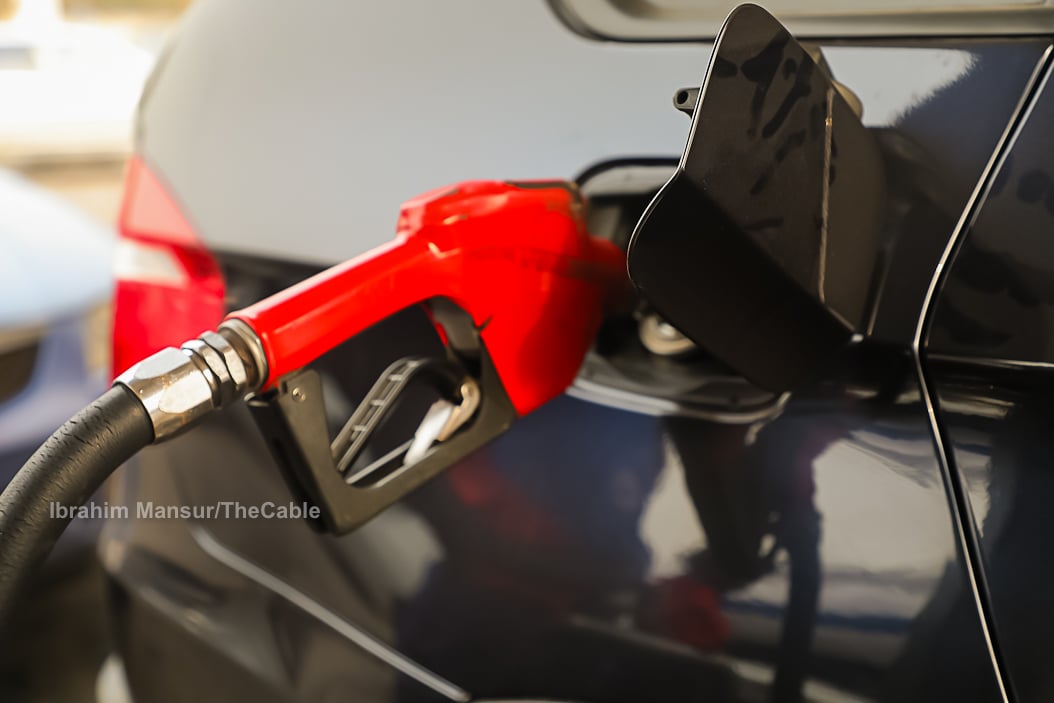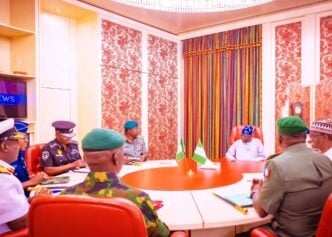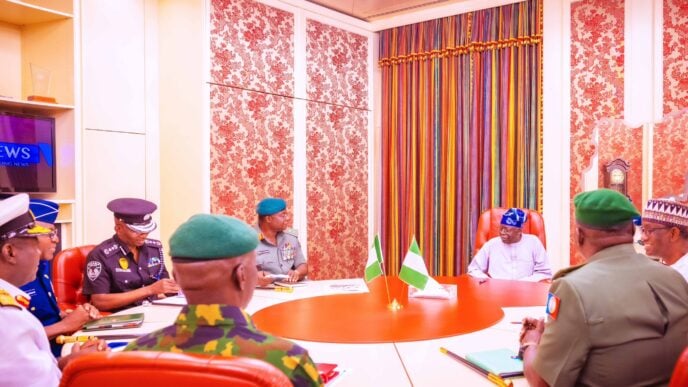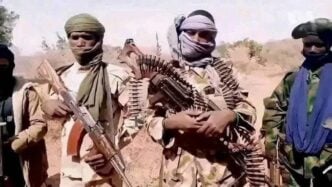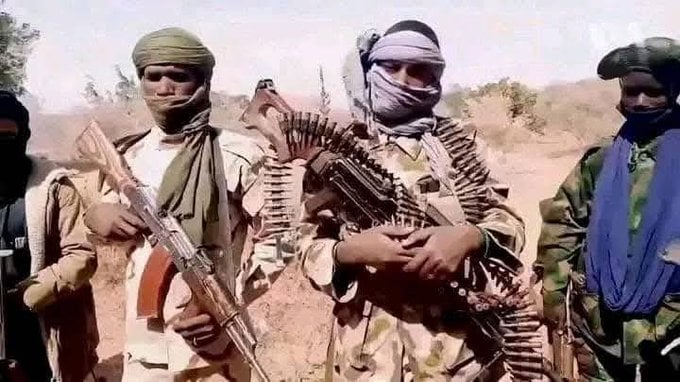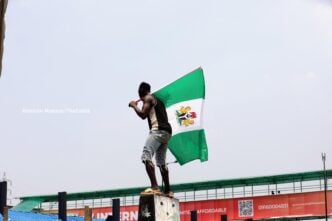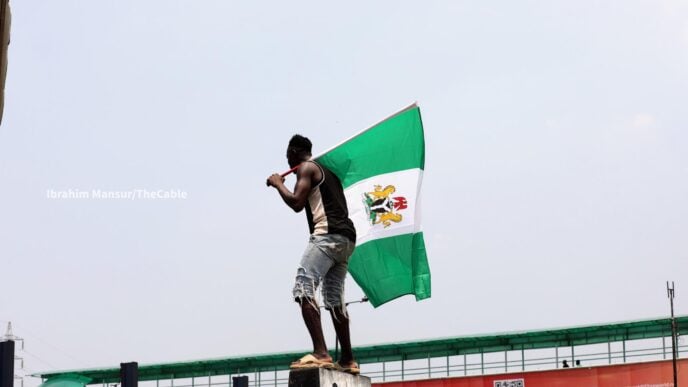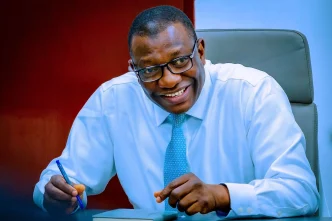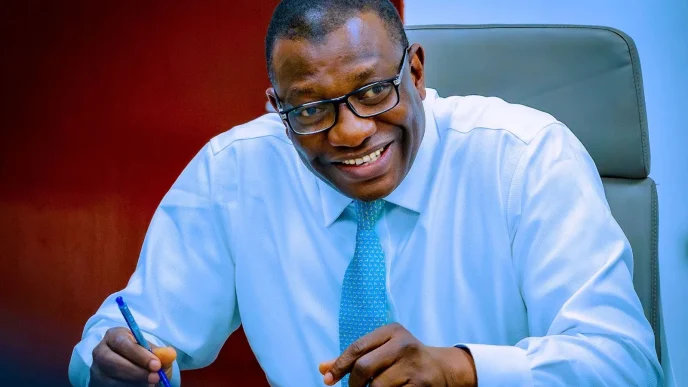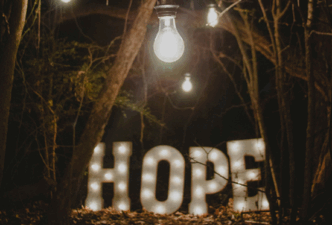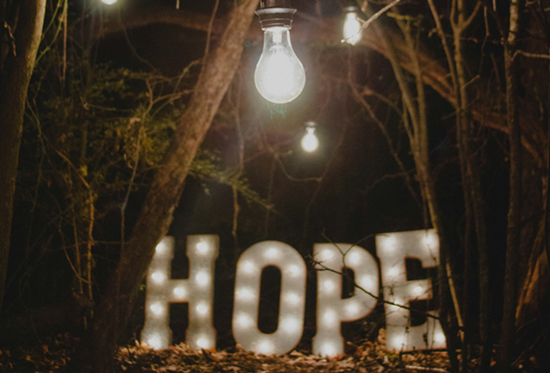Omoyele Sowore
In Nigeria’s nascent democratic process so far, few confrontations have captured the nation’s imagination as much as the recurring standoff between human rights activist Omoyele Sowore and Nigeria’s domestic security organ, the Department of State Services (DSS). At stake is more than the freedom of one man or the authority of one institution. It is the question of how far the state can go in containing dissent, and how much space citizens have to challenge power without being silenced.
It’s a familiar battlefield of sorts, as Omoyele Sowore is no stranger to confrontation with authorities. As a student union leader at the University of Lagos (UNILAG) in the 1990s, he was at the frontlines of protests against military rule. Later, with Sahara Reporters, he became a disruptive voice in Nigeria’s media landscape, exposing corruption at the highest levels. His #RevolutionNow movement, launched in 2019, further deepened his image as an agitator unwilling to compromise with the political establishment.
On the other side stands the DSS, Nigeria’s powerful intelligence and security service. Tasked with defending national security, it has long been accused of acting as the blunt instrument of the state, although under the new helmsman, Adeola Ajayi, it has turned a new leaf from the quick to clamp down on critics, opposition voices, and activists deemed “threats.” In Sowore, the DSS has found both a nemesis and a recurring problem: a figure who refuses to retreat even when facing detention, court battles, and intimidation.
The Sowore DSS saga is not a one-off. It is a cycle of action and counteraction, each episode heightening the stakes. Sowore calls for mass action, protests, or civil disobedience; the DSS responds with arrests, charges, and detention. Courts often intervene, ordering his release or questioning the legal basis of his detention, only for new obstacles to appear. This cycle has created an enduring question: who blinks first? Will Sowore tire of repeated confrontations with state power, or will the DSS reconsider the costs of keeping him perpetually in custody?
Advertisement
For Sowore, confrontation is the oxygen that drives him at every twist and turn. His locomotion thrives on visibility, disruption, and the symbolism of defiance. Each time the law enforcement agencies detain him, it amplifies his profile, transforming him from activist to symbol. In the court of public opinion, he morphs into the face of resistance against state overreach. Internationally, his detentions attract criticism from human rights organisations and foreign observers, forcing Nigeria into uncomfortable diplomatic conversations. This global attention adds to Sowore’s leverage, ensuring that his confrontations with the state cannot be easily ignored or quietly suppressed.
In domestic terms, Sowore’s appeal lies not necessarily in his electoral strength; he has contested presidential elections without significant votes. The recurring decimal about his persona is his ability to ignite conversations about governance, corruption, and accountability. By refusing to “blink,” he sustains his role as a gadfly, ensuring that issues of civic freedom remain on the agenda.
The latest instalment of friction is his latest tirade on X (Formerly known as Twitter), where he launched tirades on the number one citizen of Nigeria during his recent trip to Brazil. The DSS operates within a different logic, as its mandate, broadly defined, is to protect national security. It stated in its memo in the public domain that Sowore’s uncontrolled outbursts could lead to incitement of violence on a national scale. In practice, that often means preempting movements or rhetoric the state perceives as destabilising. Sowore’s fiery language, particularly his calls for “revolution,” triggers institutional red lines. From the DSS’s standpoint, ignoring him risks emboldening other activists or sparking unrest.
Advertisement
Yet, the agency is also aware of optics. Every high-profile detention reinforces the narrative that Nigeria remains hostile to dissent. Each time courts order Sowore’s release and the law enforcement agencies hesitate, the rule of law is questioned. This double bind of containment versus legitimacy defines the DSS’s dilemma. The Sowore DSS saga is ultimately a stress test for Nigeria’s democracy. At its core is the constitutional guarantee of free speech and assembly. Sowore’s rhetoric, however uncomfortable, falls within the rights of citizens to demand change. The DSS’s response highlights the fragility of these rights when security is invoked.
Nigeria has travelled this road before. In the 1990s, student protests and pro-democracy movements were routinely crushed under military rule. Even in the civilian era, crackdowns on opposition figures, journalists, and activists have persisted. Sowore’s case is therefore not just about one activist, but about whether Nigeria’s democracy has matured enough to tolerate dissent without resorting to suppression. The judiciary plays a critical role here. Time and again, courts have ruled in Sowore’s favour, affirming his right to bail or freedom. His recent shave with the Inspector General of Police readily comes to mind. These rulings have often been slow-walked or ignored, raising questions about the balance of power between the executive and the judiciary. When court orders are treated as optional, democracy itself becomes fragile.
Beyond the courtroom drama lies the politics of perception. For the ruling elite, Sowore represents an irritant and an uncompromising critic who cannot be co-opted. His relentless criticism of successive governments ensures that he remains outside the corridors of power. This outsider status, paradoxically, enhances his credibility with sections of the youth disenchanted with the establishment.
Yet Sowore is also polarising; his critics argue that his calls for “revolution” are reckless in a fragile democracy still healing from years of authoritarian rule. Others question whether his confrontational style alienates potential allies who share his vision for reform but prefer gradual change. For the DSS, these divisions within public opinion provide some cover. By framing Sowore as a destabilising force, it can justify its actions as protecting national stability rather than silencing dissent. The internal security agency has employed legal means via the courts to handle the latest cause célèbre with Sowore.
Advertisement
The central drama remains: who blinks first? For Sowore, retreating would mean losing the aura of defiance that sustains his activism. For the DSS, stepping back risks appearing weak in the face of challenge. Both sides, therefore, dig in, prolonging the standoff. There are costs, and for Sowore, repeated detentions disrupt his political momentum and limit his ability to organise effectively. For the DSS, each detention drains institutional credibility, raising questions about its priorities when insecurity and terrorism remain pressing threats.
Nigeria’s partners in the international community are watching closely. Each high-profile detention fuels the narrative that civic space is shrinking in Africa’s largest democracy. Human rights groups, both local and international, amplify these cases, ensuring they remain in the public eye. This global scrutiny places Nigeria’s leadership in an awkward position of projecting democracy abroad while being accused of repression at home. Civil society organisations within Nigeria also draw strength from Sowore’s defiance. His case becomes a rallying point for broader conversations about human rights, freedom of expression, and state accountability. It remains to be seen where the elasticity limits stretch for freedom of expression for the average citizen.
As things stand, neither Sowore nor the DSS appears ready to blink. Sowore thrives on the symbolism of confrontation, while the DSS relies on the machinery of state power to sustain its position. The confrontation may drag on, punctuated by arrests, court cases, and international criticism. The stakes extend beyond both players, as each episode erodes Nigeria’s democratic credibility. The longer this continues, the greater the risk that citizens grow cynical about the promise of democracy. In that sense, the Sowore DSS standoff is less about one man’s fate and more about the future of civic freedoms in Nigeria.
In a nutshell, the answer lies in the recognition that neither side can afford total victory. Sowore cannot expect the DSS to ignore him completely, while the DSS cannot silence him without eroding the legitimacy of the very state it seeks to protect. The only sustainable resolution lies in strengthening democratic norms such as respecting dissent, upholding court orders, and redefining security in ways that protect rather than suffocate civic freedoms. Until then, Nigeria watches as Sowore and the DSS continue their high-wire duel, each daring the other to blink first. The outcome will signal not just the resilience of one activist or the resolve of one institution, but the maturity of Nigeria’s democracy itself.
Advertisement
Ayoola Ajanaku is a communications and advocacy specialist based in Lagos, Nigeria
Advertisement
Views expressed by contributors are strictly personal and not of TheCable.
